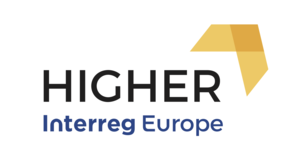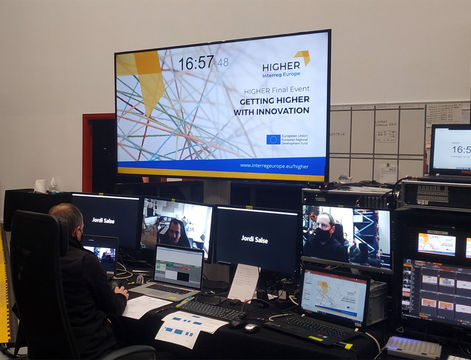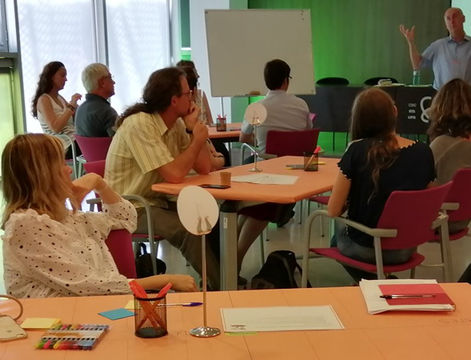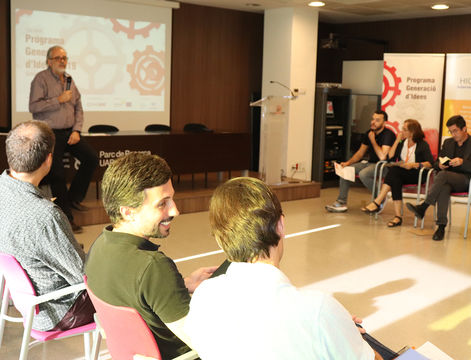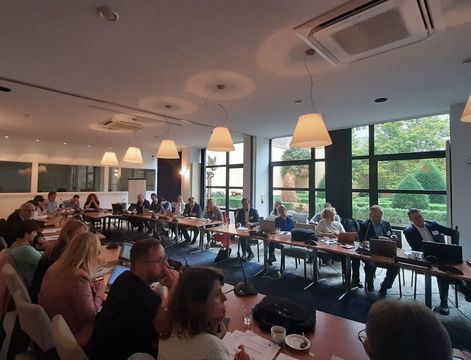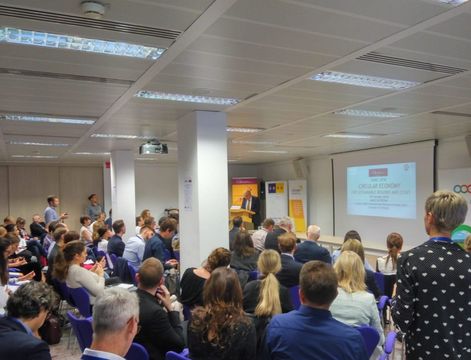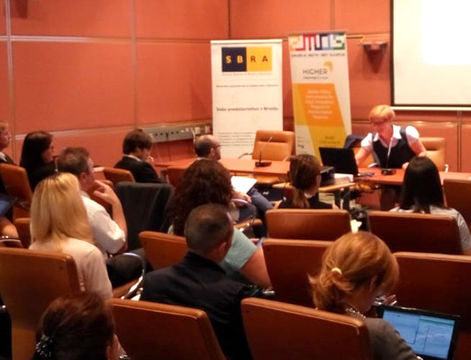The project networks with other Interreg Europe projects to implement the best smart specialization strategies. On 28th of February 2018, HIGHER participated in a debate of RELOS3 on the removal of the existing barriers between R&D policies and public led innovation ecosystems.
HIGHER project was invited to participate in the 4th thematic event of the Interreg Europe project RELOS3. The event was hosted by the Wielkopolska region, one of the project’s partners. About 25 participants from 7 countries participated, both gathering project partners and stakeholders bring by them to the meeting. The topic of the meeting was how to make remove barriers between public policy and innovative ecosystems in the framework of S3 strategies deployment at the local level.
The conference started with site visits to the Solaris Bus & Coach Factory and the Future LAB of the Poznań Supercomputing and Networking Centre. Both visits highlighted the need for specialisation. For Solaris, it has been important to focus on producing on-demand buses which respond to their clients’ needs as well as their bet to innovate in the field of producing ecobuses. With regard to Future Lab, excellent demonstration projects are run which apply ICT to identified social needs for groups like elderly or disabled people, as well as testing innovative pedagogic initiatives for children.
Building on this knowledge, it was time to hear about the experience of Forum Virium Helsinki on innovation with a local perspective, from which it was particularly noteworthy the role played by citizens. A holistic approach of innovation strategies was also found in the presentation made by Dr Monika Matusiak of the European Joint Research Centre in Seville. The importance of S3 strategies and its relevance on facilitating competitiveness and innovation at the local level was also one of the main findings reported by prof. Nicola Bellini of the Institute of Management of the Scuola Superiore Sant’Anna. The institute conducts specialist research on behalf of the project.
Besides the masterclasses and the presentation of good practices a workshop was carried out where project partners presented a first draft of an action plan, which is foreseen to be one of the main outputs of the project. This plan is meant to draw the path for each partner to implement specific actions with the aim to deploy smart specialization in their context, with the inspiration of what had been learned during the project.
